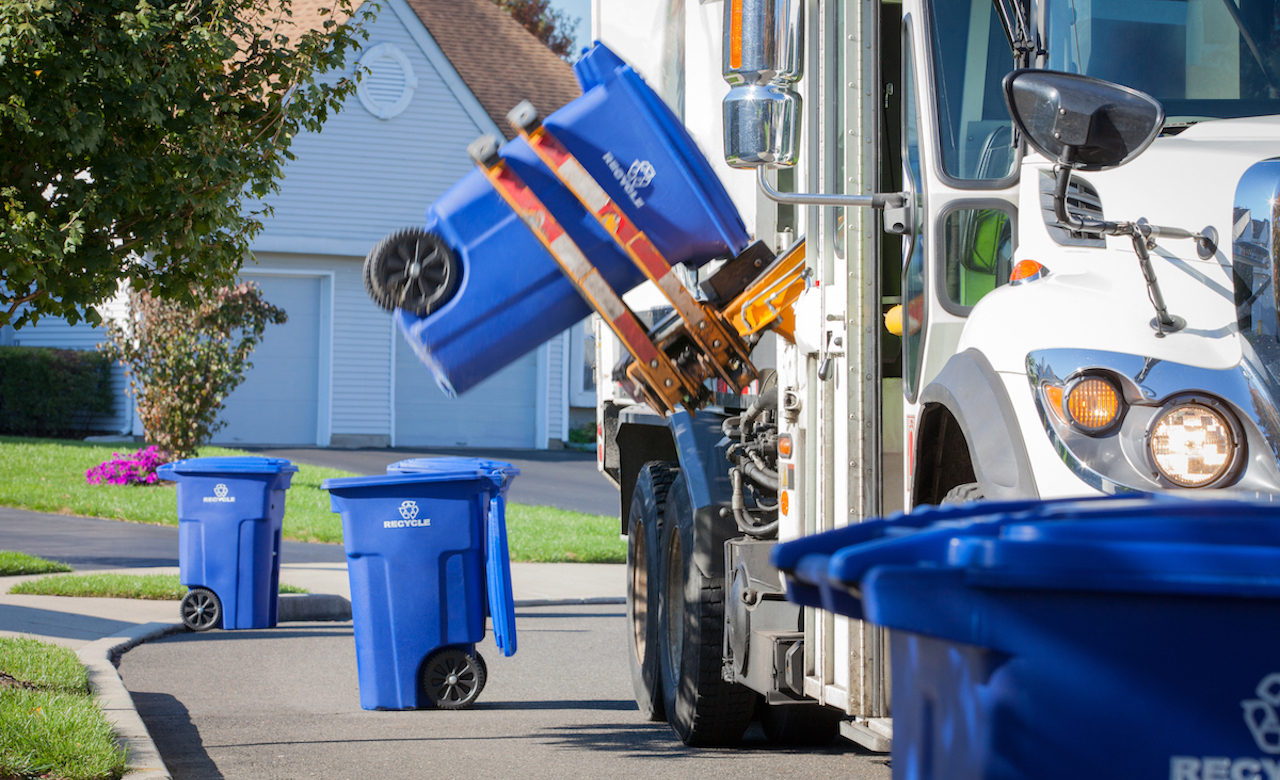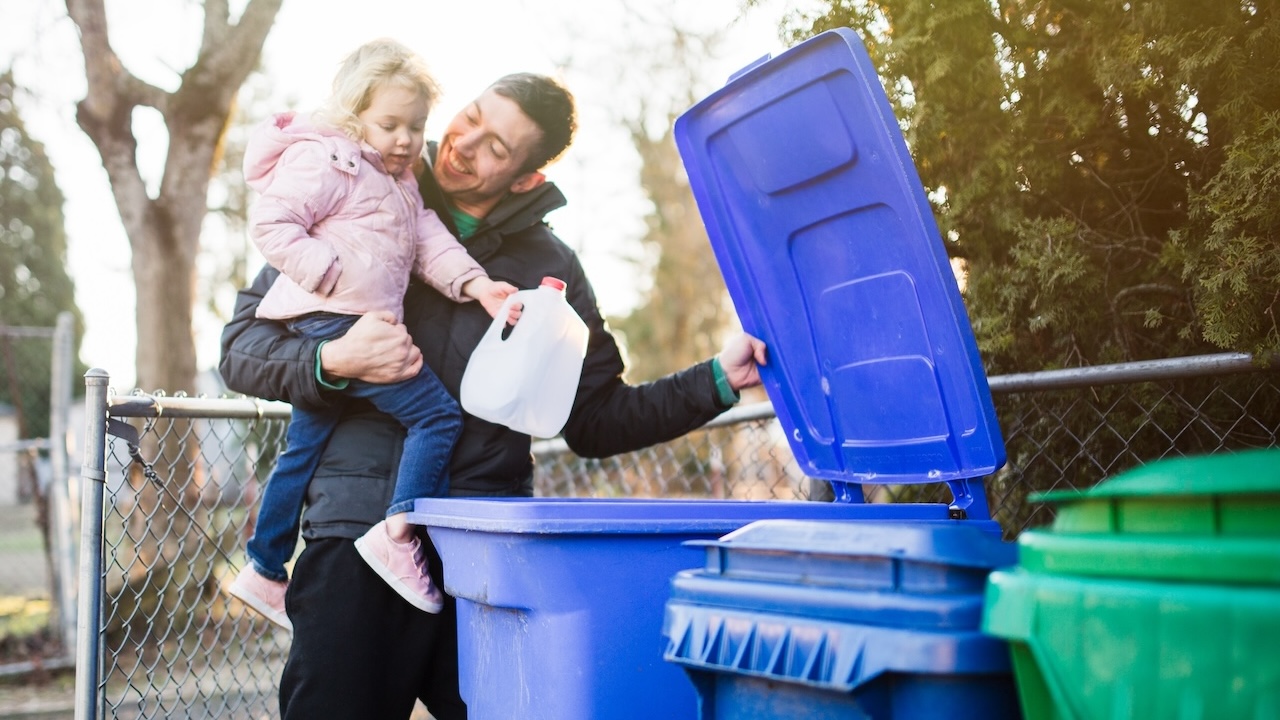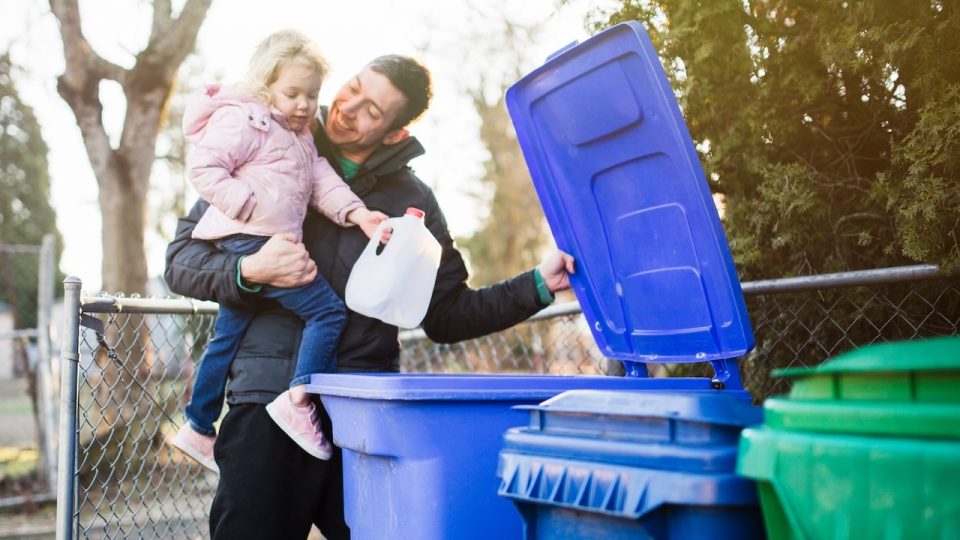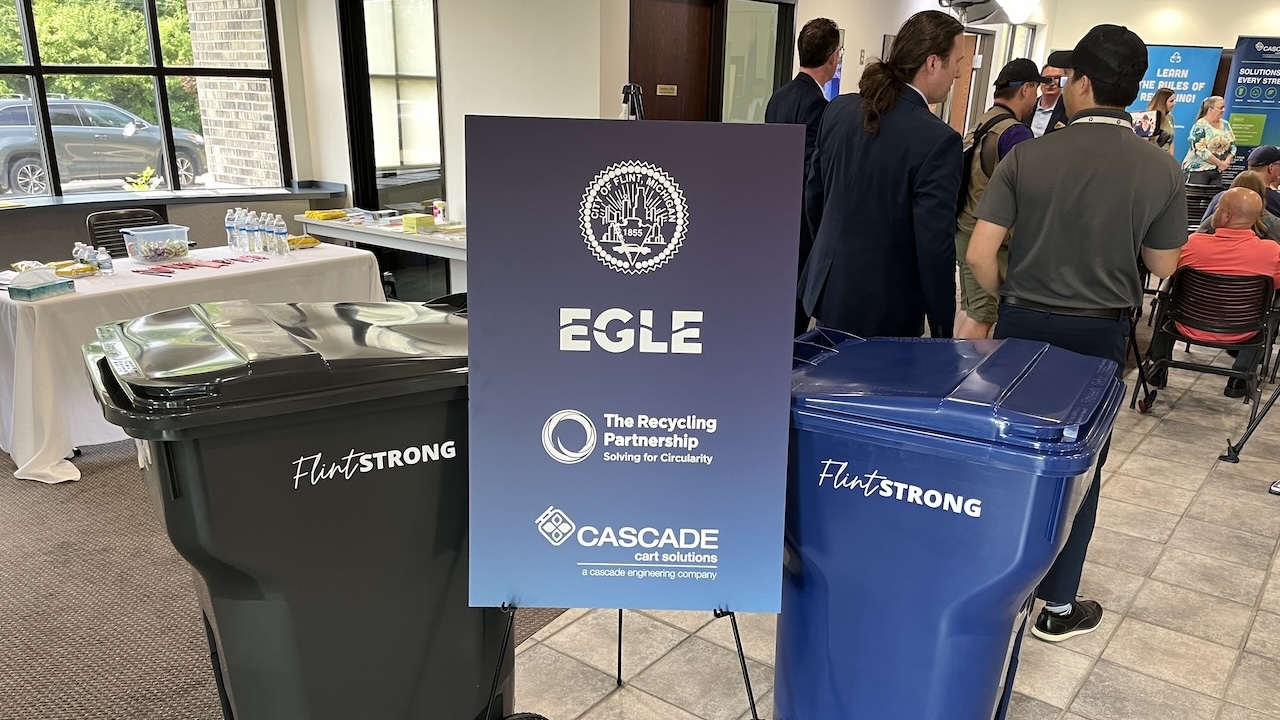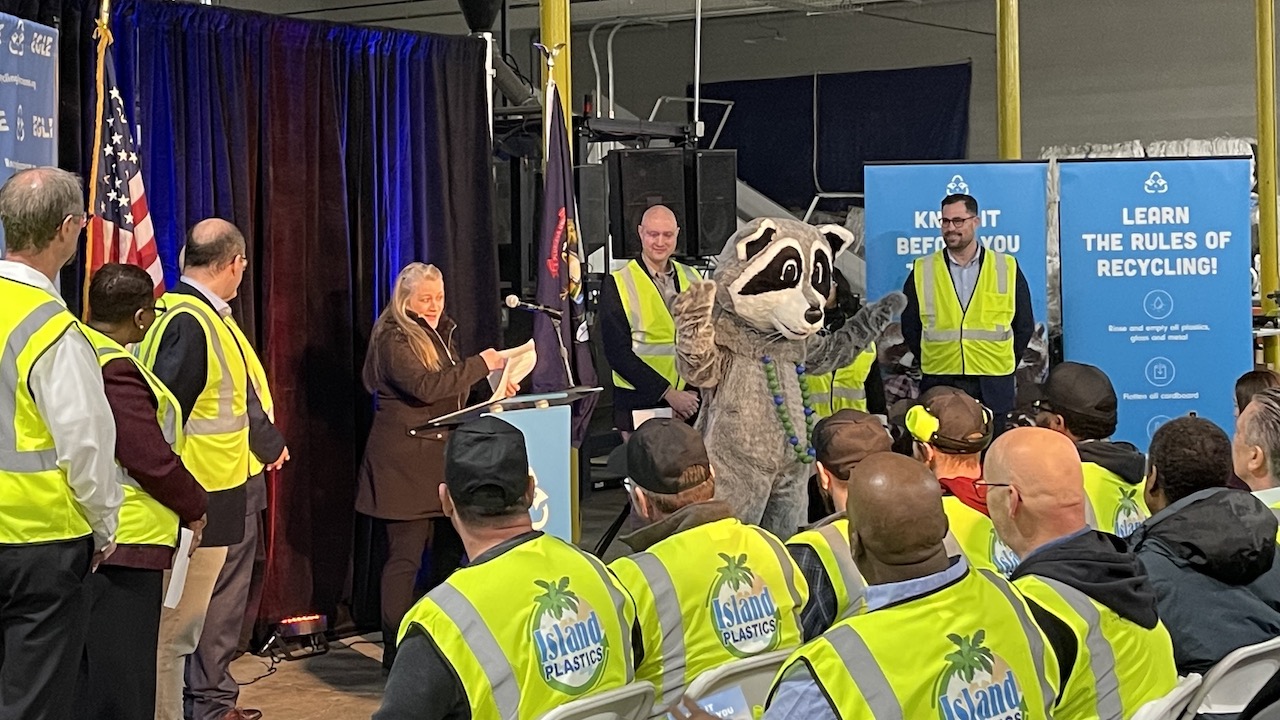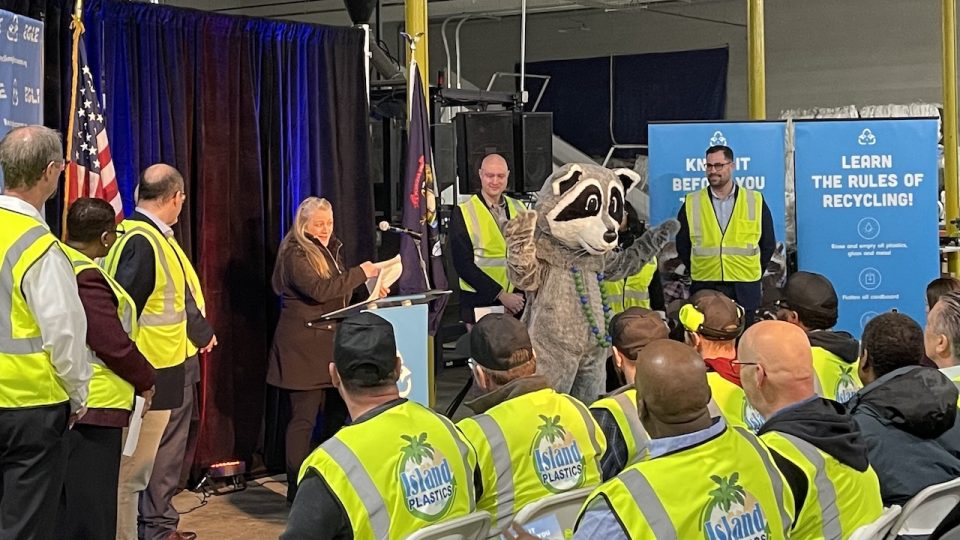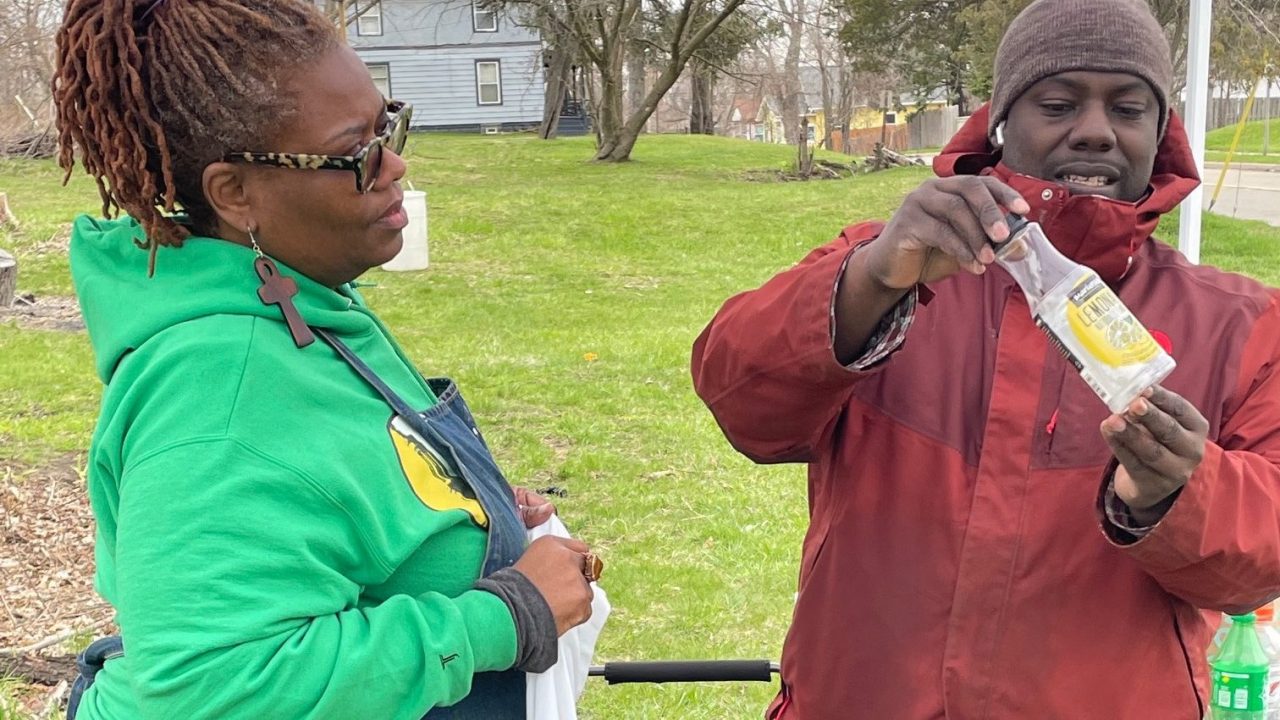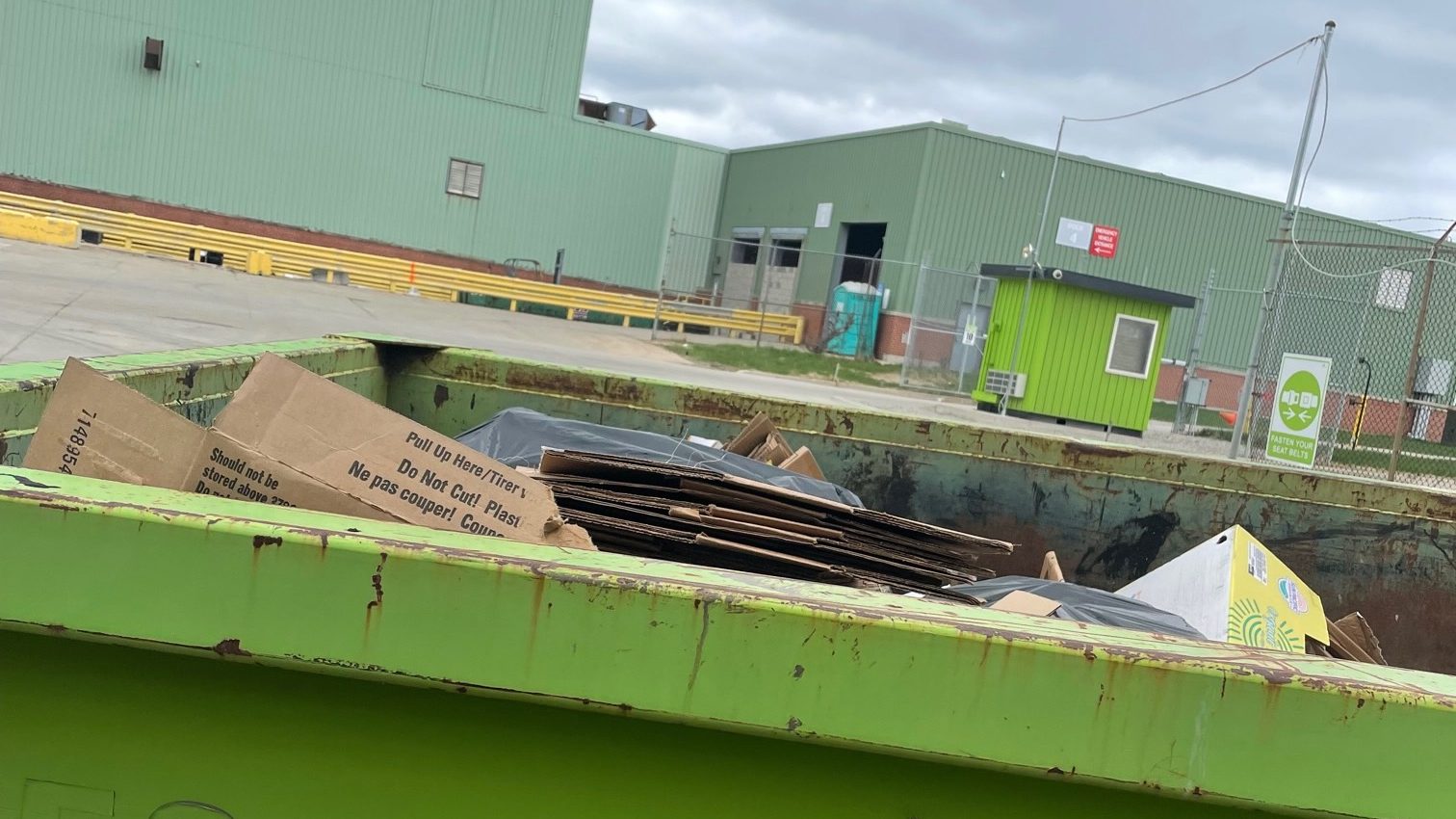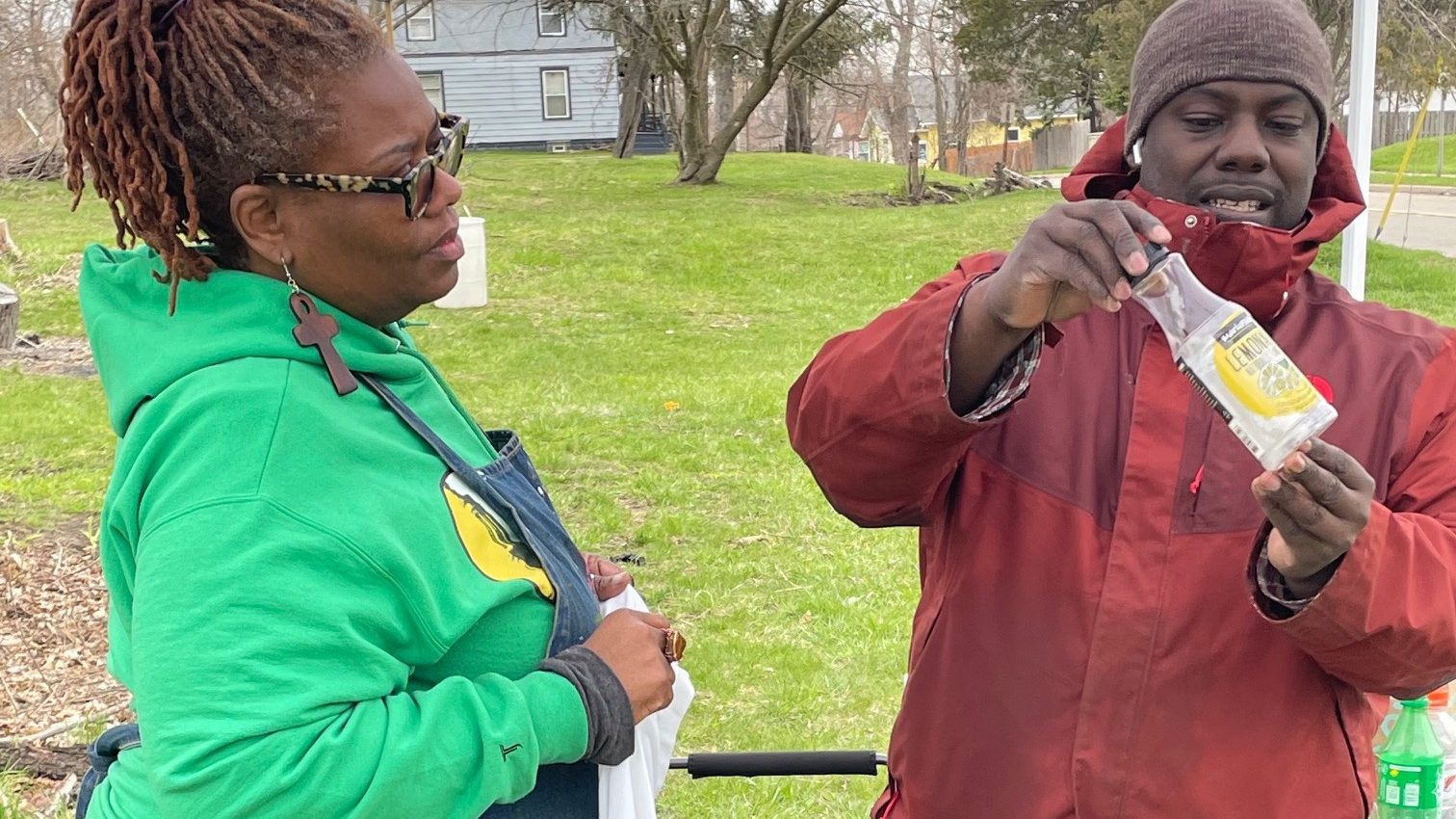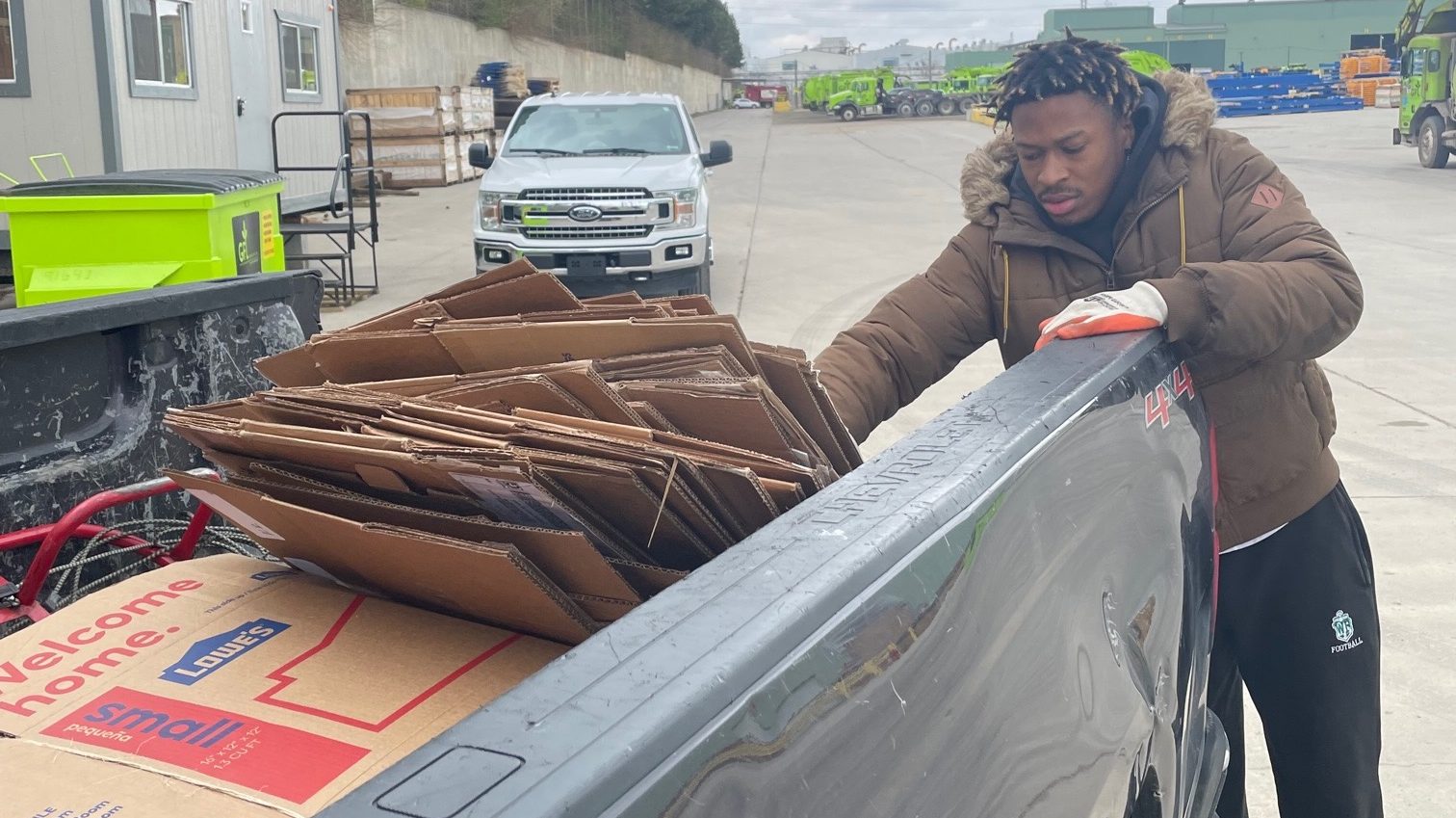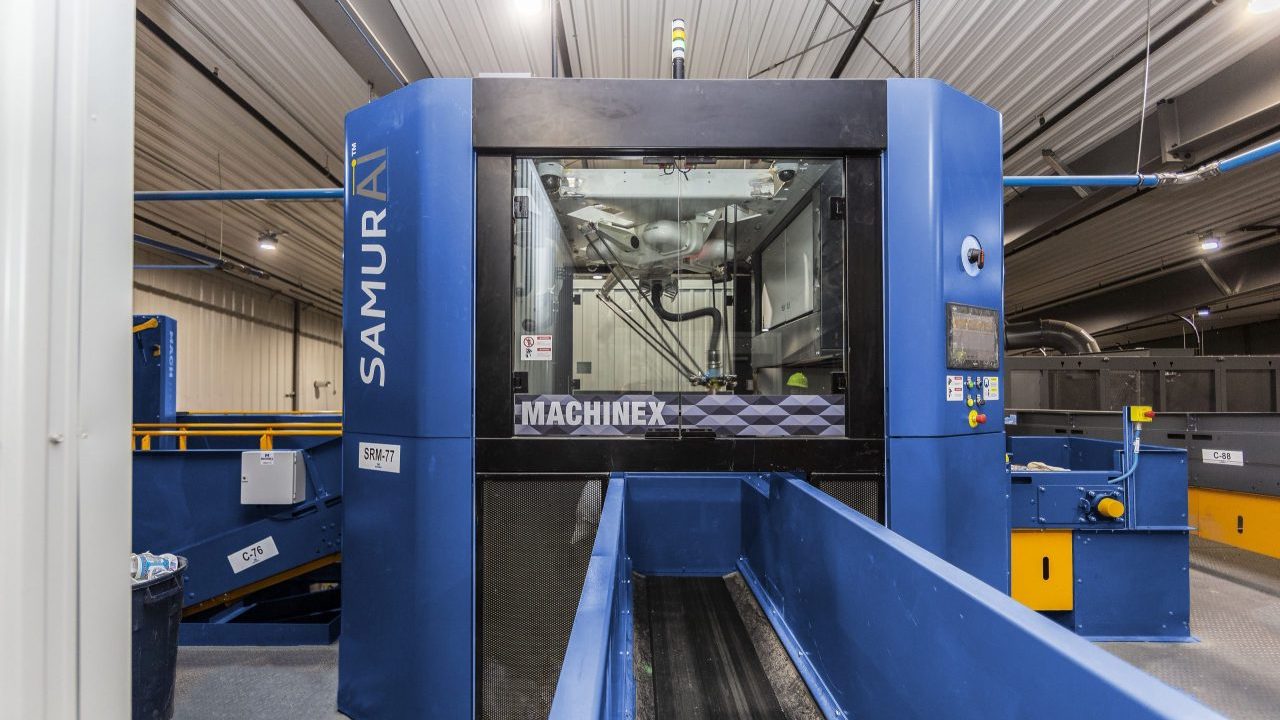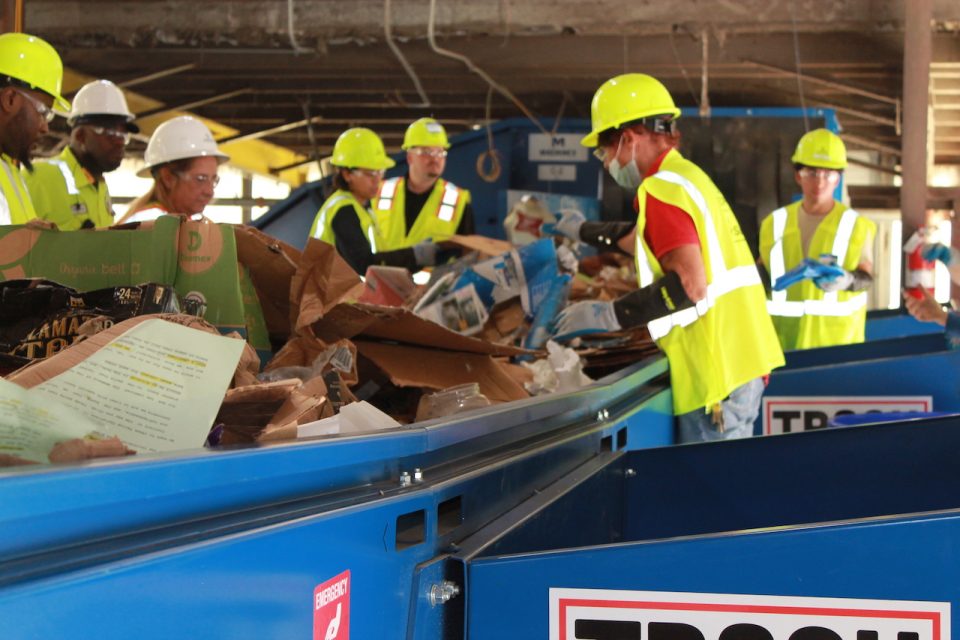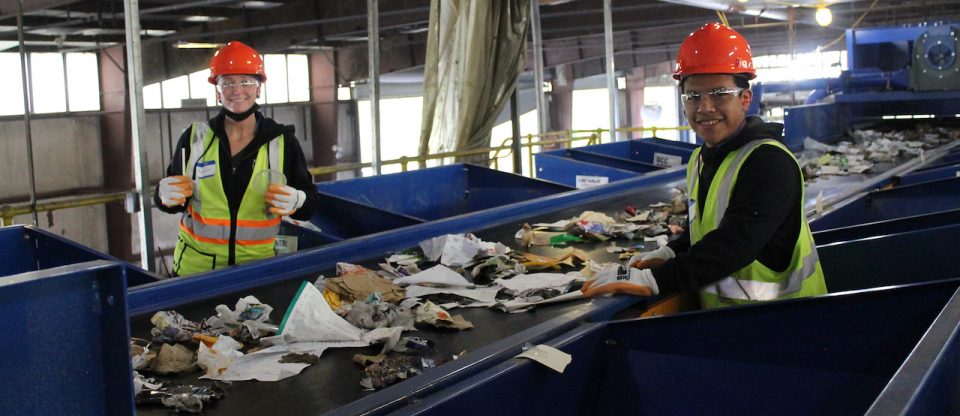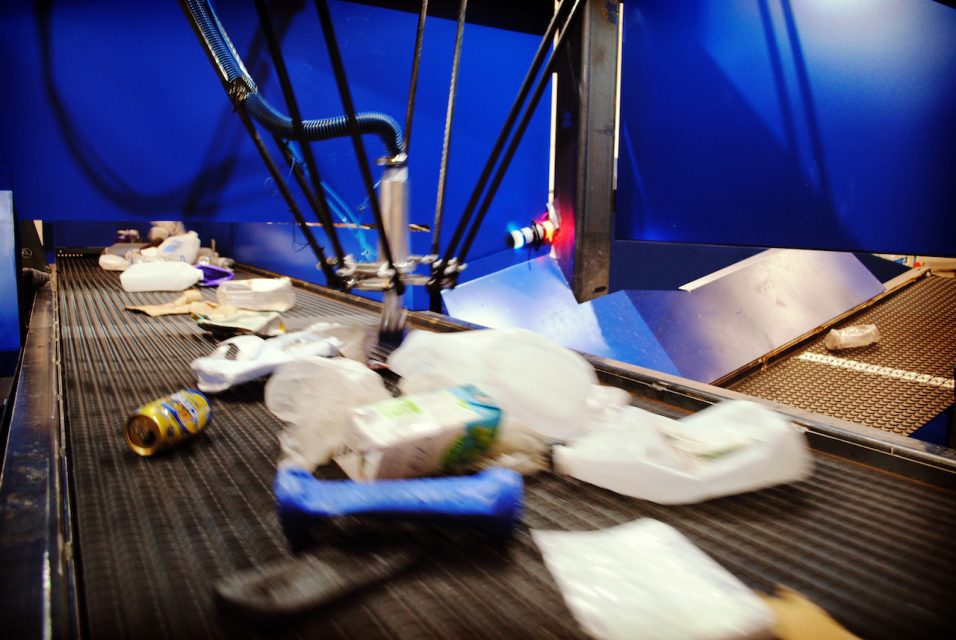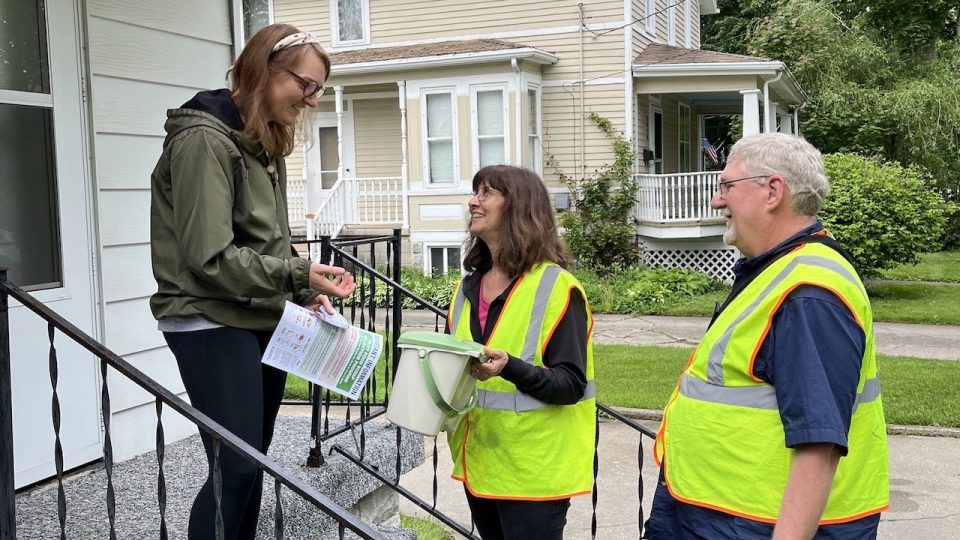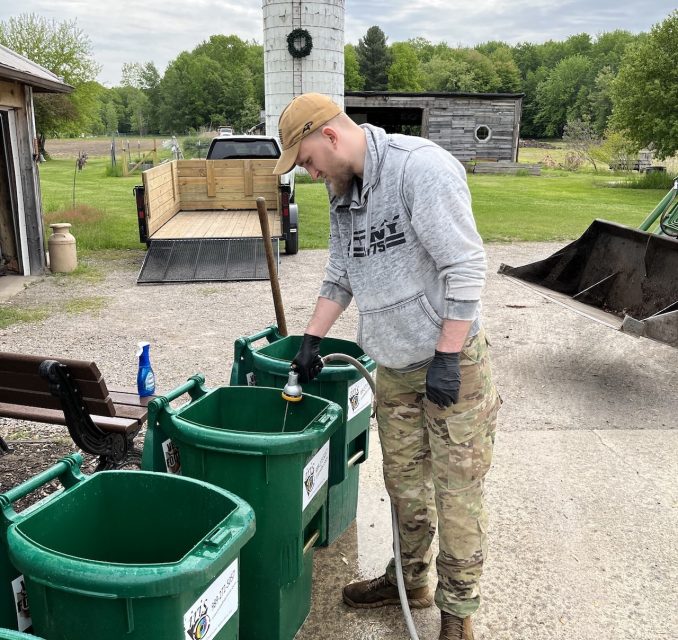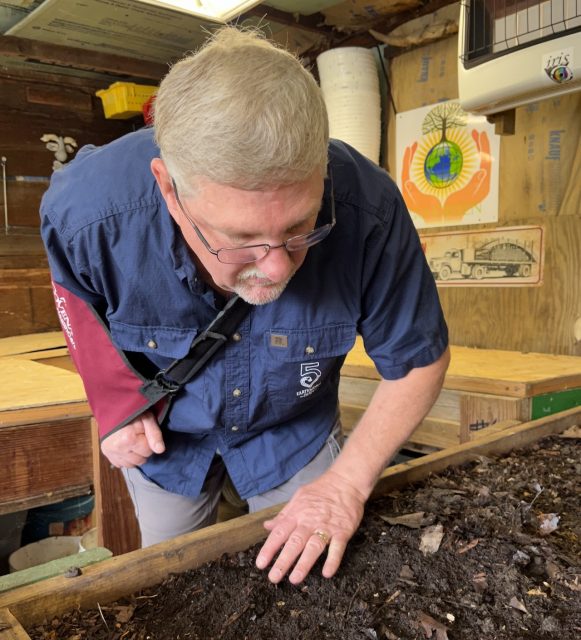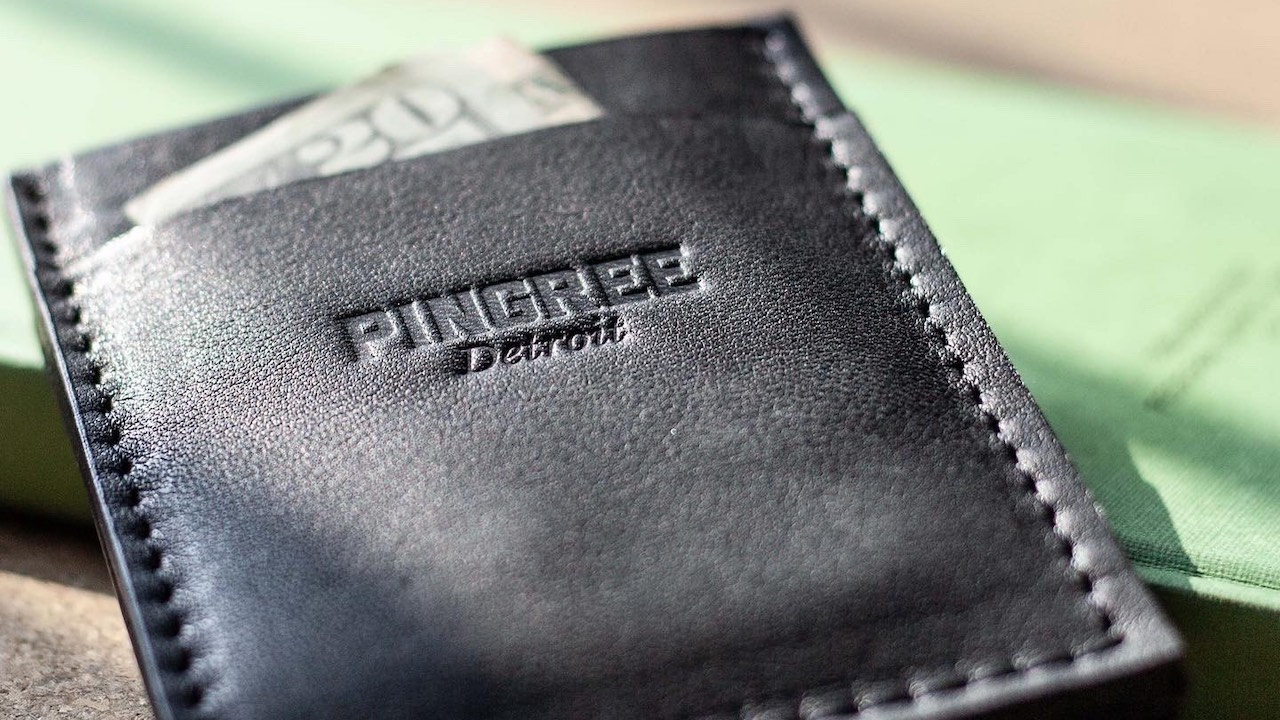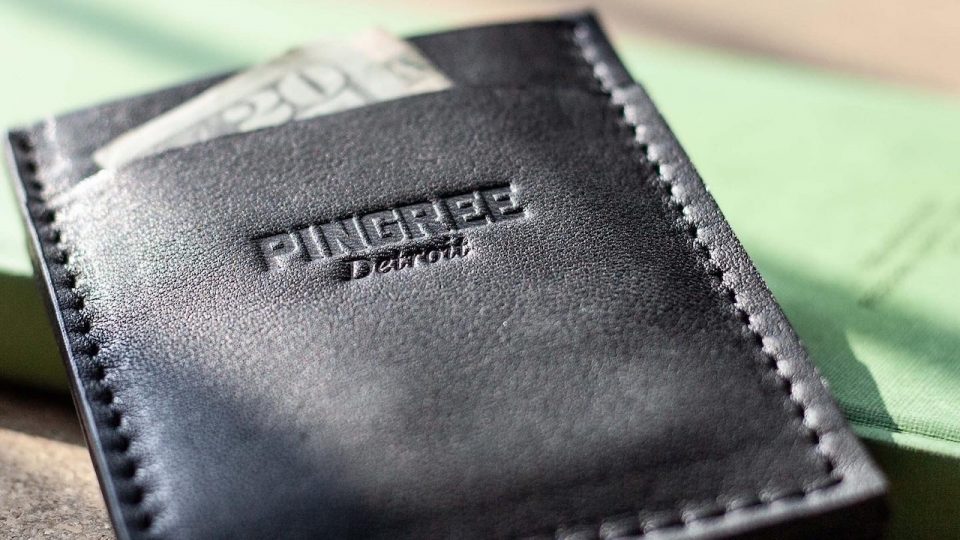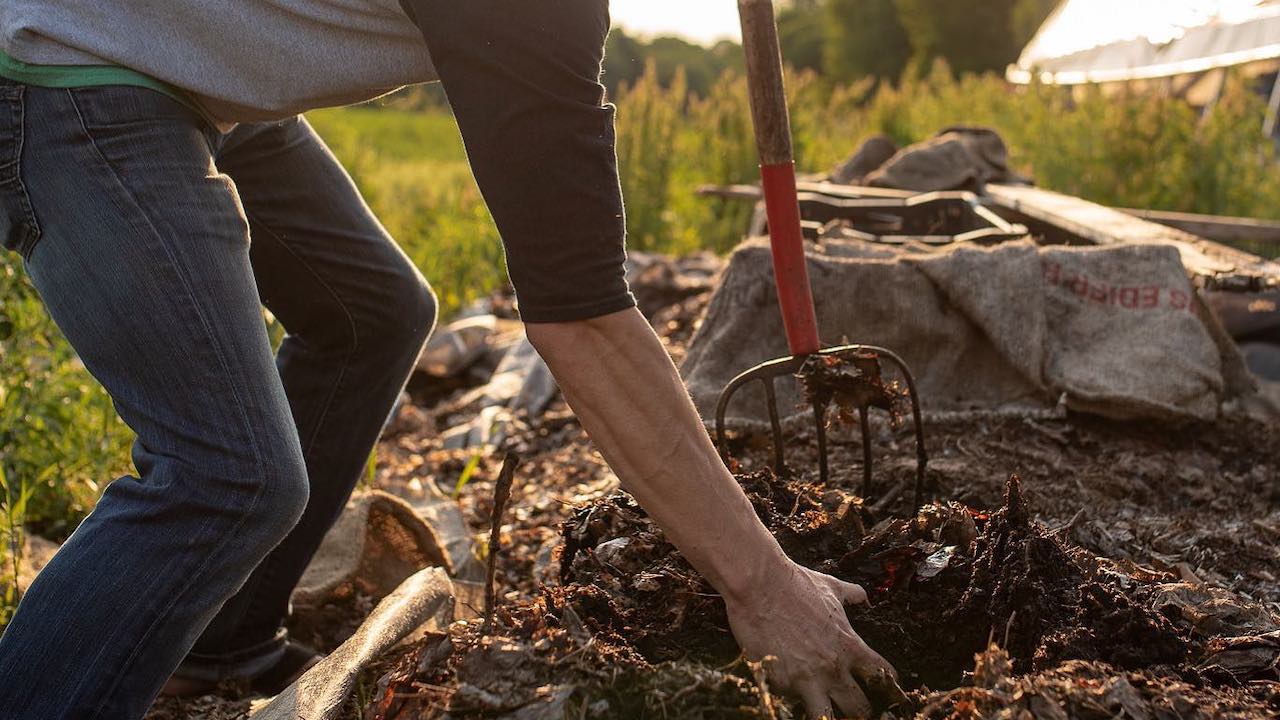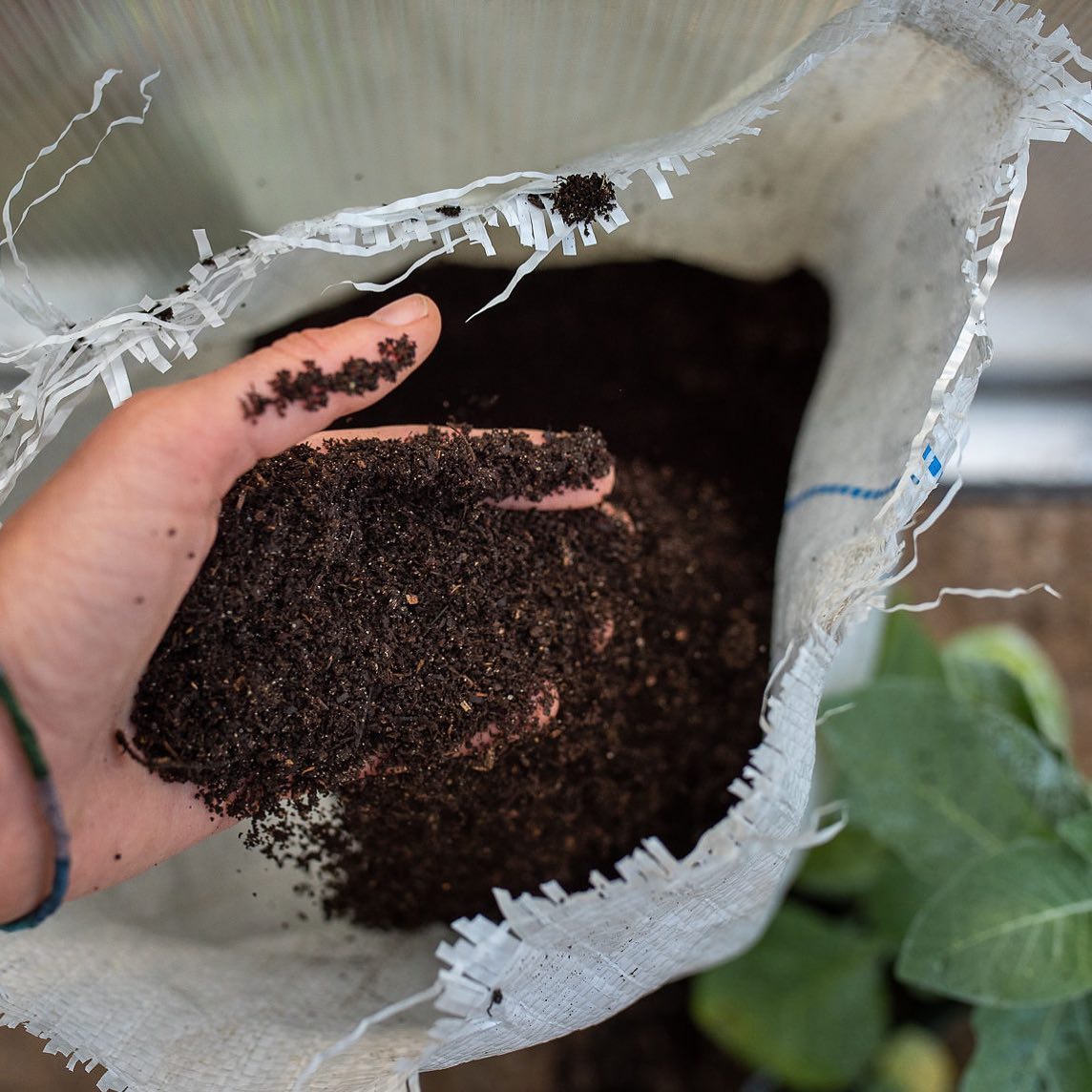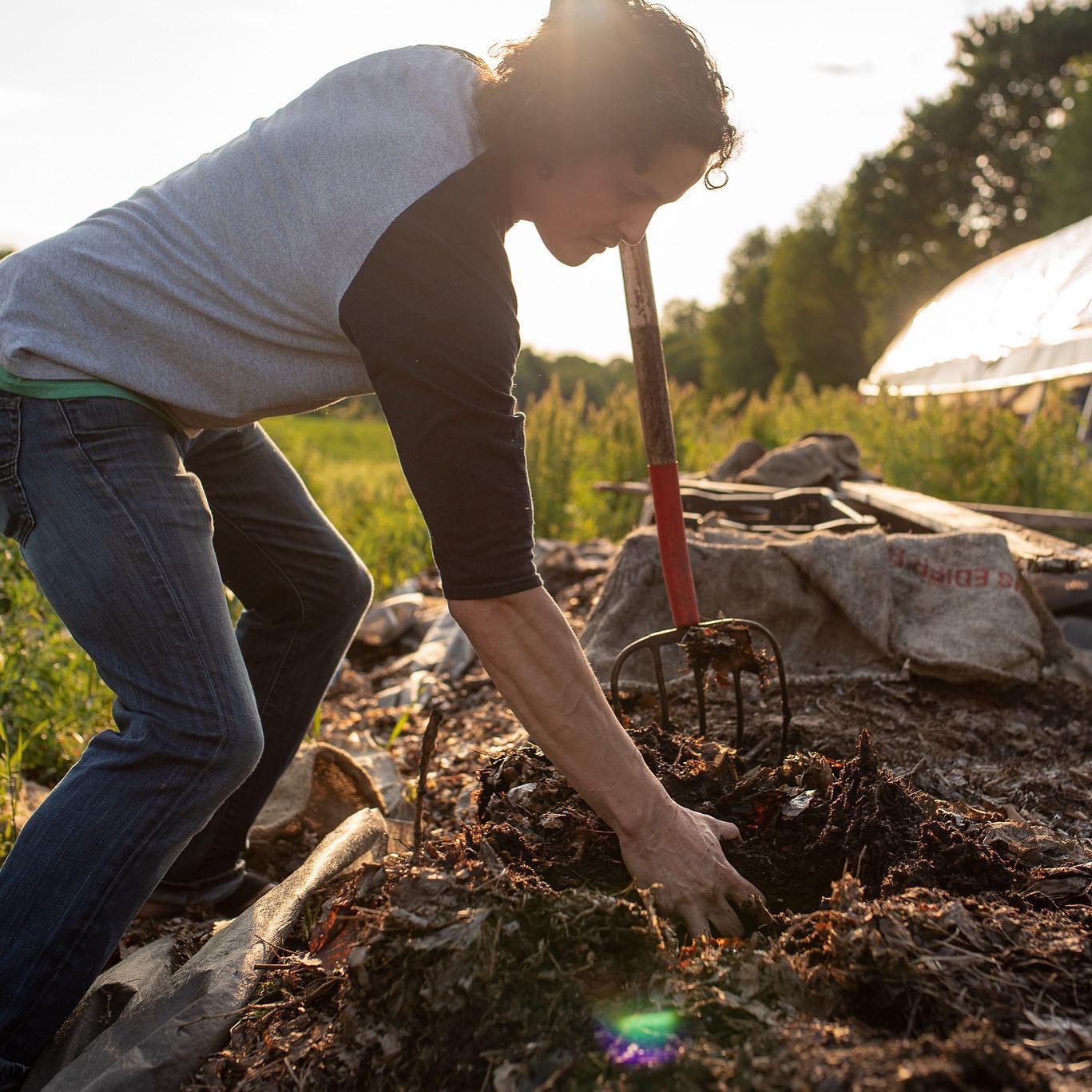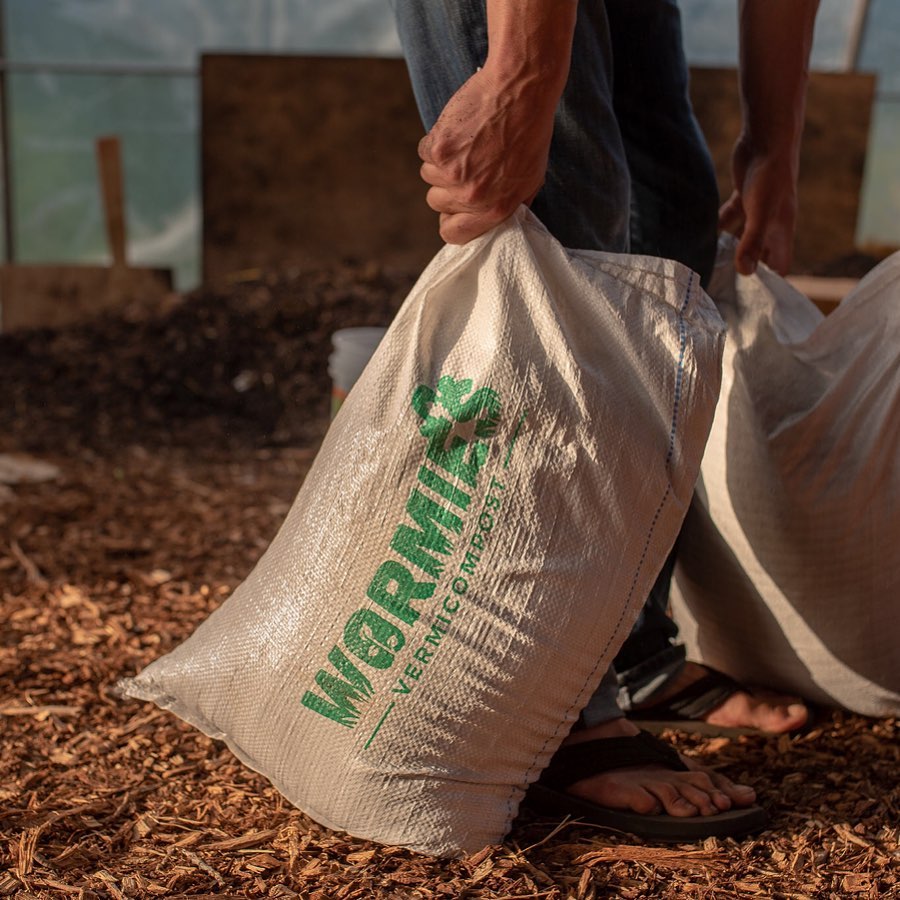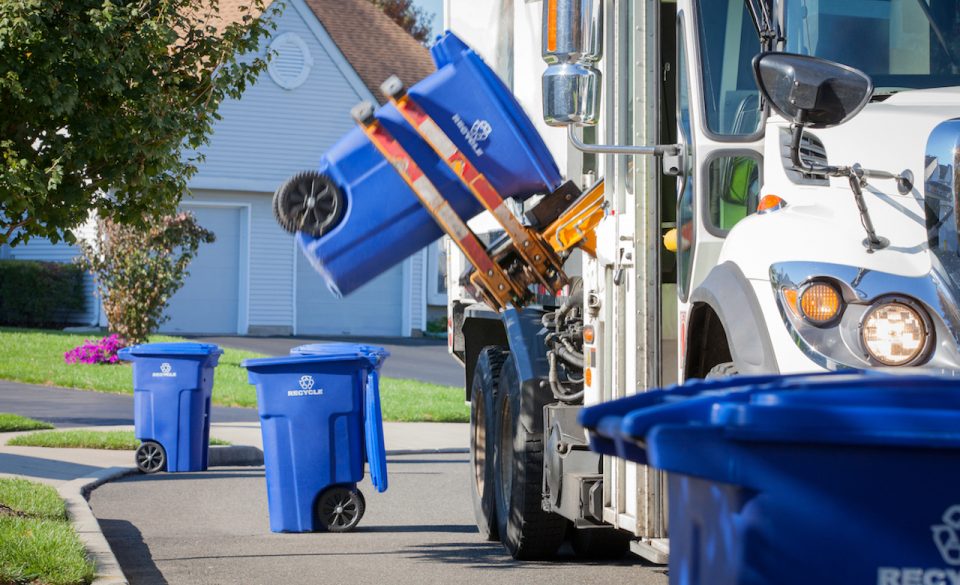
Gov. Whitmer issues proclamation encouraging Michiganders to join America Recycles Day activities on Friday, Nov. 15
Nationwide awareness event helps promote Michigan’s record-setting recycling momentum
LANSING, Mich. — Michigan Gov. Gretchen Whitmer has issued a proclamation encouraging Michiganders to commemorate Friday, Nov. 15, as America Recycles Day, and to join the state’s growing recycling efforts.
“Celebrating America Recycles Day in Michigan can help continue increasing recycling in the state and highlight the fact that all Michigan residents can help strengthen the economy while contributing to a cleaner, healthier environment,” said Whitmer in the proclamation.
All 50 states participate in America Recycles Day, also known as National Recycling Day, which is observed annually on Nov. 15. Created by the National Recycling Coalition in 1997, this day is a national initiative to raise awareness about recycling and its benefits, such as reducing waste, conserving resources, and saving energy.
Gov. Whitmer’s proclamation comes as Michigan’s recycling rate has hit an all-time high for an unprecedented third consecutive year. At its current pace of improvement, Michigan is on track to achieve the state’s goal of a 30% recycling rate by 2029.
Leaders with the Michigan Dept. of Environment, Great Lakes, and Energy (EGLE) attribute the state’s recent success to EGLE’s 2019 launch of the national award-winning “Know It Before You Throw It” recycling education campaign featuring the Recycling Raccoon Squad, as well as EGLE funding and technical support for projects that increase access to recycling services across Michigan.
“Recycling efforts continue to grow across the state and that helps all of us in so many ways,” said EGLE Director Phil Roos.
“America Recycles Day is a great opportunity to make even more people aware of how they can help the state in substantive ways by simply recycling properly.,” Roos said. “Not only does recycling reduce waste, save energy and conserve resources, but it also can have a positive impact on our economy as well by supporting jobs and providing feedstock materials needed by local manufacturers.”
According to EGLE’s most recent analysis, Michigan’s recycling rate has risen from 14.25% before 2019 to 21% last year and over 23% now.
Michigan residents recycled more than 330,000 tons of paper and paper products during fiscal year 2023, over 237,000 tons of metals, more than 67,000 tons of glass, and over 58,000 tons of plastics and plastic products. The record-setting combined total of materials Michiganders recycled in 2023 would fill the football stadiums at Ford Field in Detroit, Michigan State University’s Spartan Stadium in East Lansing and the Big House at the University of Michigan in Ann Arbor.
The total amount of residential recycled materials reported for FY 2023 was 703,369 tons — exceeding the record set the year before by more than 82,000 tons.
This equates to every person in Michigan over a 12-month span recycling 140 pounds of cardboard boxes, milk cartons, soup cans, plastic bottles, glass bottles and jars, food waste and other recyclable materials, EGLE researchers found.
While Michigan is moving in the right direction, EGLE officials say Michiganders can do more to ensure the state reaches its recycling targets.
A new research effort by the Grand Rapids-based nonprofit Michigan Sustainable Business Forum (MSBF) reveals what Michiganders are doing right – and wrong – with their recycling habits resulting from a hands-on examination MSBF conducted of garbage going into landfills throughout the state.
The MSBF, in collaboration with EGLE and Grand Valley State University, characterized the composition of common garbage from homes and businesses in the state, known as municipal solid waste.
The research shows that material disposed of in Michigan’s municipal solid waste stream each year has an estimated market value of $500 million to $676 million. If this material were collected for recycling, it would have an estimated economic impact of $609 million to $825 million per year, creating as many as 4,500 jobs.
Most importantly, the MSBF study found that if Michigan does not make more investments in infrastructure, adopt new business practices, provide the necessary education to stakeholders, or advance and execute the public policy needed to increase Michigan’s recycling rate, the state will lose as much as $8.3 billion dollars of potentially recyclable material for manufacturers, farms and other end markets in the next 10 years.
“By helping Michiganders understand how to recycle and why it is so important, and by continuing to expand access to recycling services, we can help protect our natural resources and enhance the economy of our state,” Roos said.
Additional highlights from 2024 EGLE data include:
- The state’s improved recycling performance is helping Michigan advance the goals of the MI Healthy Climate Plan, commissioned by Gov. Whitmer as a broad-based road map to a sustainable, prosperous, healthy, equitable, carbon-neutral Michigan economy by 2050. Carbon neutrality is the global science-based benchmark for reducing greenhouse gas emissions to avoid the most devastating and costly impacts of climate change.
- Recycling in Michigan supports 72,500 jobs and contributes more than $17 billion a year to the state’s total economic output, according to an analysis by EGLE’s NextCycle Michigan Initiative.
- EGLE and national nonprofit The Recycling Partnership together have rolled out more than 245,000 new curbside recycling carts in over 30 communities statewide serving a combined population of over 1 million Michiganders, with plans to introduce an additional 88,000 new carts in 2024 in four Michigan communities.
- 80% of Michiganders report taking action and changing their recycling behavior for the better following the Know It Before You Throw It campaign kickoff.
